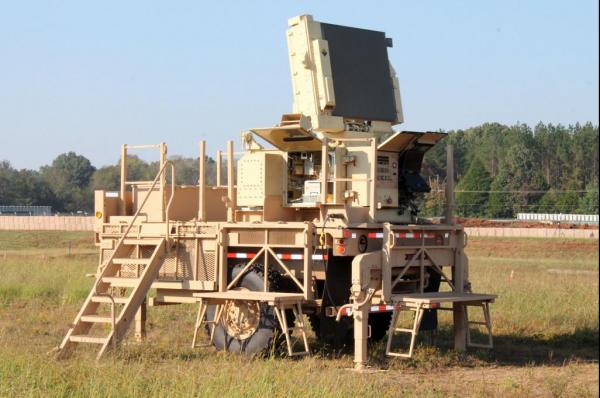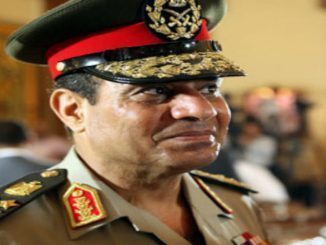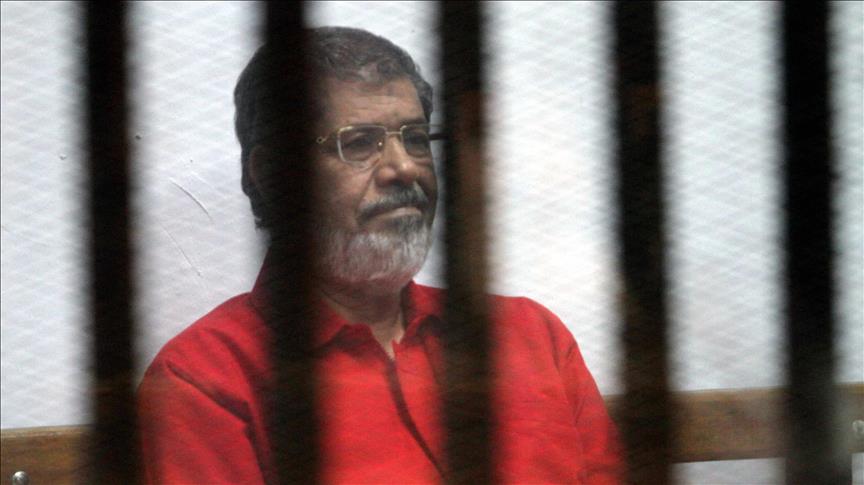
Despite human rights deterioration, the Egyptian regime has received U.S. State Department approval for the acquisition of Sentinel AN/MPQ-64F1 radars through the U.S. Foreign Military Sales program, according to the United Press International (UPI).
The possible sale – together with related equipment, training and support – would carry a price tag of about $70 million.
The U.S. Defense Security Cooperation Agency said in a required notification to Congress,”The Government of Egypt intends to expand its existing air defense architecture to counter threats posed by air attack.”
He added, “This will contribute to Egypt’s military goal of updating its capabilities while further enhancing interoperability among Egypt, the United States, and other allies.”
In fact, U.S. Defense Security Cooperation Agency(DSCA)is the Pentagon agency that manages the Foreign Military Sales (FMS) program.
According to UPI, “Specifically covered by the proposed sales package are eight Sentinel AN/MPQ-64F1 radars and software and training, spares and support equipment, technical manuals, Single Channel Ground and Airborne Radio System (SINCGARS) VRC-92E Radios, 16 High Mobility Multipurpose Wheeled Vehicles with shelter carrier kit, U.S. Government and contractor support, training and other associated support, equipment and services.”
The principal contractor would be Thales Raytheon Systems. Ten U.S. Government or contractor representatives would be required to travel to Egypt for a period of 8 weeks for equipment checkout and training.
The United States provides Egypt with $1.3 billion in military aid annually, with the 2016 package including $150 million in economic assistance.
Recently, Egypt received in May an initial shipment of 762 mine-resistant, ambush protected (MRAP) vehicles from the United States, which will be used in army operations in North Sinai.
It seems that the United States of America support to al-Sisi authoritarian regime in Egypt continues to flow crackdown on human rights since the military coup in 2013.
Al-Sisi led a military coup in July 2013 ousting President Mohamed Morsi, who had won the Egypt’s first democratically presidential election following the Arab Spring and the overthrow of the longtime autocrat Hosni Mubarak.
The military takeover that was led by Sisi, the former chief of Egypt’s armed forces, opened a period of political violence. The army and the security forces killed more than two thousand people, and jailed an estimated 40,000 people, including protesters, students, and journalists. Sisi became president in 2014 in an election that was widely regarded as “a fait accompli” as considered by many observers.
The Egyptian state institutions continue to restrict critics of the government. Rights groups say the current government led by Abdel-Fattah al-Sisi, who was the Defense Minister who led Morsi’s overthrow, is even more repressive than Mubarak’s 29-year rule.
On Saturday, a Cairo court ruled in favor of a freeze on the assets of five of Egypt’s top human rights activists. Rights groups fear that the move could pave the way for a prosecution of the few remaining rights advocates documenting government abuses. Twelve human rights defenders have been banned from leaving the country.
Rights groups have also documented hundreds of disappearances, in which detainees are held secretly and without acknowledgement by the state. According to tally by the Committee to Protect Journalists, Egypt held 23 journalists in its jails at the end of 2015, a figure that placed it second only to China among the world’s worst jailers of journalists.



